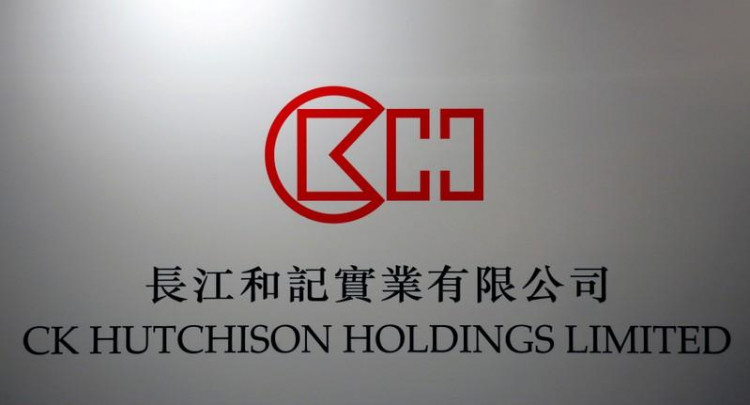Following the announcement of the successful clinical trial results of its treatment for early-stage skin cancer, CK Life Sciences International Holdings saw its shares more than double this week. The company, which is the healthcare subsidiary of Victor Li Tzar-Koui's CK Hutchison, developed the drug to become the first vaccine-based immunotherapy treatment for stage two melanoma.
After the company published the favorable interim clinical trial results of its new drug, its shares in Hong Kong more than doubled to a 53-month high of HK$0.90 per share. During the day, the stock reached an intraday high of HK$0.91 per share, with trade volumes reaching as high as 110 times the stock's average daily transactions over the past twelve months. All in all, over 433 million of the company's shares had changed hands throughout the day.
Analysts predict that the stock could easily break through the HK$1-mark as further speculative buying of the stock is expected. The temptation to immediately ride on the trend brought about by the news of the interim clinical results should drive the stock higher in the coming days. However, a correction is likely to occur once the hype has died down.
The drug developed by CK Life Sciences through its California-based subsidiary Polynoma is a big deal for the company as the market for skin cancer treatment has become a multibillion industry. In the United States, over 96,000 new cases of melanoma are recorded each year. This type of cancer kills an average of 7,000 people annually.
According to CK Life's chief scientific officer Melvin Toh Kean-meng, the company's treatment is the only vaccine-based immunotherapy drug in the world that is entering phase three trials. In its interim clinical trials, the new drug has been shown to significantly increase the recurrence-free survivability of patients.
Toh also stated that they have not observed any adverse side effects related to the treatment. The timeline for the completion of the drug's phase three trials is still not yet known. The approval by the US FDA to market the drug will be dependent on the results of the trials.
If the interim clinical trial results are well received by the FDA, the company is planning to expand its research and development facilities to accelerate the drug's development.
The new drug, called the seviprotimut-L vaccine, has been shown to greatly reduce the recurrence rates in melanoma patients. CK Life stated that those who received the drug, including diagnosed patients 60-years old and below, saw their recurrence rates drop by 76 percent.





